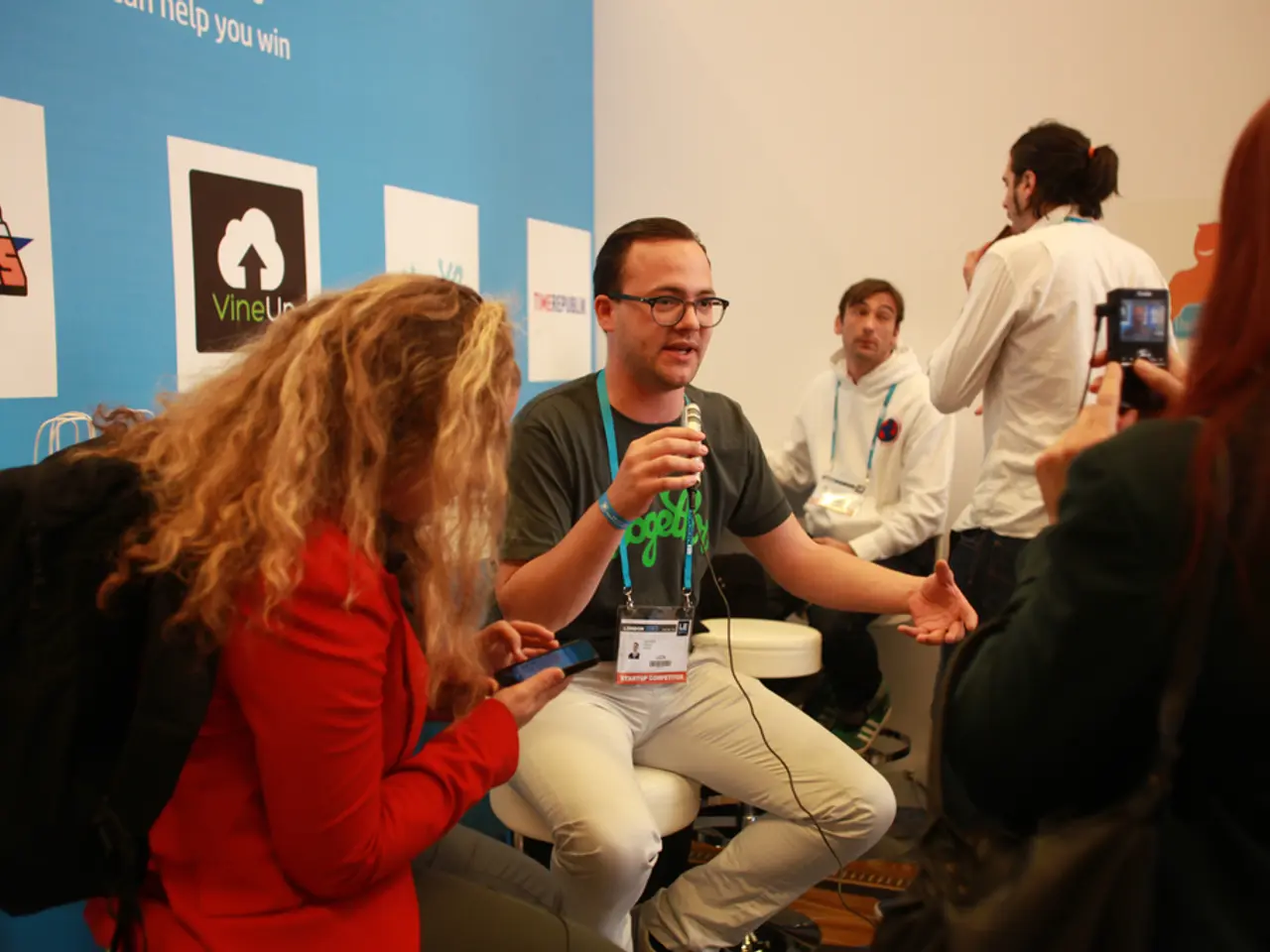Revamp Your Exit Conversation, Forgo Farewell Get-togethers
**Addressing the Great Resignation: The Role of Stay Interviews**
In the face of the ongoing Great Resignation, a significant trend of employee resignations impacting many people and causing a shift in the job market, employers are seeking ways to hold onto their top talent. One suggested method is through the implementation of stay interviews.
Stay interviews are proactive, structured conversations between managers and employees, designed to identify what keeps employees engaged and committed to their organization, as well as what might prompt them to leave. Unlike exit interviews, which take place after an employee has decided to leave, stay interviews occur while the employee is still with the company, offering a real-time opportunity for retention.
The primary purpose of stay interviews is to uncover potential issues before they escalate into resignations, allowing employers to address concerns, reinforce positive experiences, and strengthen the employee-employer relationship. Key objectives include identifying retention factors, early detection of problems, building psychological safety, and tailoring retention strategies.
Stay interviews have been shown to be an effective tool for reducing turnover and increasing retention, particularly in times of heightened labor market volatility like the Great Resignation. Their effectiveness stems from several factors, including proactive engagement, enhanced communication, data-driven insights, and cultural impact.
However, it's important to note that stay interviews are not related to the data provided by the U.S. Bureau of Labor Statistics regarding the number of resignations or open jobs. Furthermore, they are not a cause or effect of the Great Resignation, but rather a tactic to address its impact.
While stay interviews offer numerous benefits, they also have limitations. Their effectiveness hinges on whether organizations act on the feedback received, and they require skilled facilitation to avoid feeling intrusive or insincere. Additionally, stay interviews are most effective when integrated into a broader retention strategy that includes competitive compensation, career development, and a positive work environment.
In conclusion, during periods of high turnover like the Great Resignation, stay interviews serve as a vital, proactive tool for retaining top talent by fostering communication, early problem-solving, and a culture of care. When implemented thoughtfully and followed by responsive action, they can significantly reduce unwanted turnover and strengthen employee engagement. However, their success depends on authentic dialogue, managerial commitment, and integration with other retention initiatives.
In the context of the Great Resignation, fostering a health-and-wellness lifestyle for employees could potentially supplement stay interviews, as a positive work environment and focus on workplace-wellness can boost retention. This could involve integrating health-and-science and lifestyle practices that promote employee well-being, such as flexible work hours, stress management programs, and promoting a culture of work-life balance. Such initiatives can help in addressing retention factors mentioned during stay interviews and strengthening the employee-employer relationship further. Additionally, these initiatives can contribute to building a culture of care, making the organization more attractive to talent, and thus helping in retaining top employees in an increasingly volatile job market.




